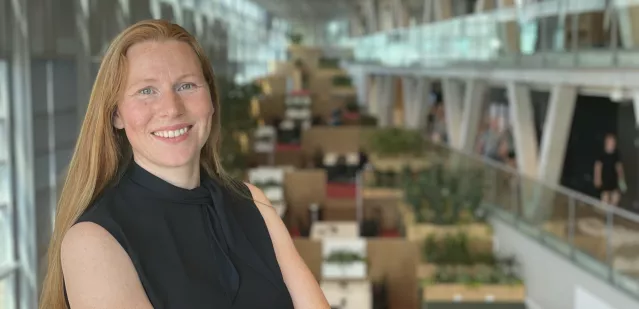
The human side of HRM
“HRM is shifting from being focused on policies to being more about who you actually are as a human being. What do you need, what are your interests and how can we get you where you want to go? In the international, multicultural workplace, you have to look at things from the employee perspective. This may mean turning things around to accommodate them more. For instance, instead of imposing national bank holidays on employees, give them nine days that they can use to celebrate the bank holidays they want to, the bank holiday that suits their culture or religion. It means employees get to choose which days are important to them, raises awareness of the cultural diversity within a company and, to me, simply feels far more human. For me, for instance, it means I can choose to take a day off in December to celebrate the Dutch festivities for St Nicolas. It’s not an official bank holiday anywhere but it’s important to me, and this policy recognises this.”
Removing cultural blind spots
“Even in a company as large as BP, we can focus on the individual. It means we also have to understand ourselves and that’s where NHL Stenden’s practical approach comes in. Working in international teams on real-life cases is a learning experience that also teaches you about yourself. Having that awareness of yourself, removing your cultural blind spots, is essential in the workplace. Today’s work environments so often mean we are working with people from different backgrounds and cultures, both live and virtually. In my meetings, even if we all communicate in the same language, I have to make sure my message is landing and that’s what you learn to do on an international programme.”
Thoughtful leadership
“The way we approached our assignments during my studies is how I approach my work today: working out what we need to solve, what we’re wanting to achieve and checking we have the right people round the table to do the job. I think doing a degree in international HRM will actually help students develop a backbone in consistently being more mindful and thoughtful leaders. And in today’s space round the table, I think that's where they’ll make a difference. This work isn’t about doing transactional stuff because that’s what we have automation for. It’s about good leadership and doing that better and more.”



